Commercial Door Maintenance Costs Overview
Understanding the factors that influence the cost of commercial door maintenance is essential for effective budgeting and maintenance planning. Various elements such as door type, usage frequency, and environmental conditions can significantly impact service expenses.
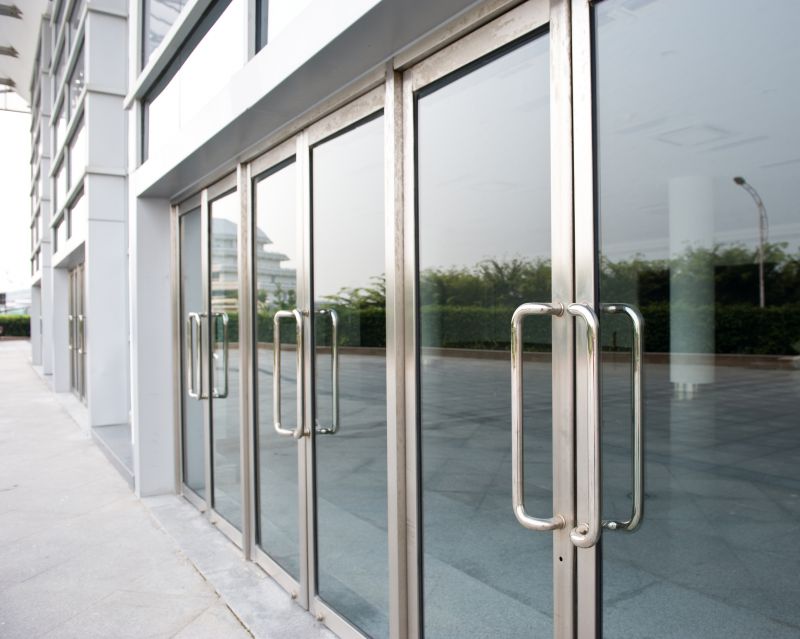
Different materials and designs of doors require varying maintenance approaches, affecting overall costs.
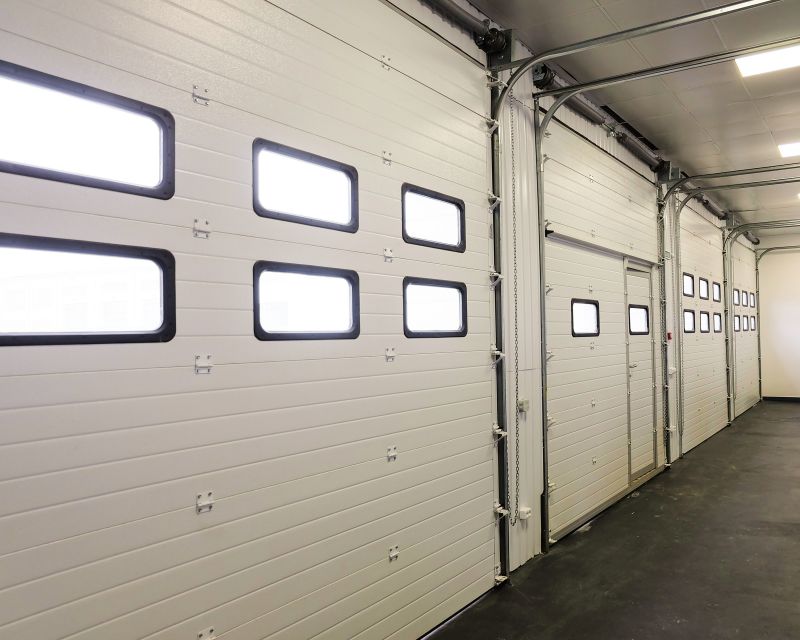
High-traffic doors tend to need more frequent inspections and repairs, increasing maintenance expenses.
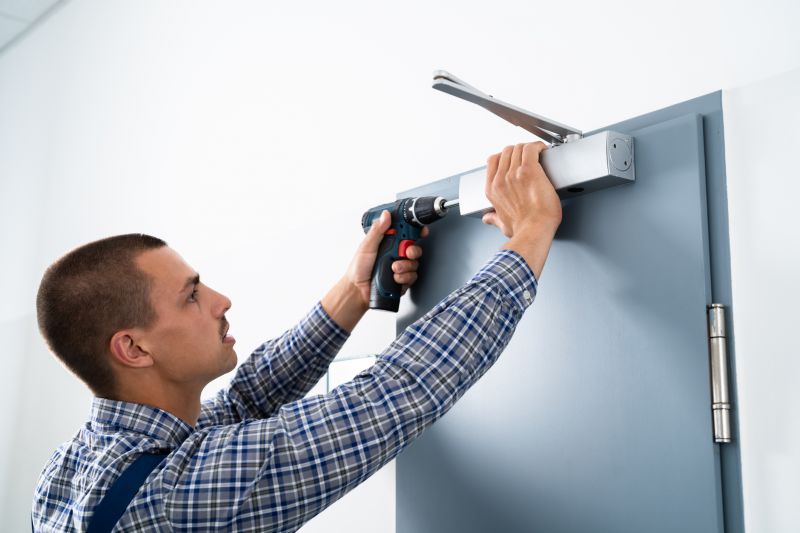
Exposure to weather and environmental elements can accelerate wear, impacting maintenance costs.
| Factor | Impact on Cost |
|---|---|
| Door Material | Steel doors generally cost more to maintain than aluminum or wood due to durability and repair needs. |
| Size and Weight | Larger and heavier doors require specialized equipment and labor, increasing service costs. |
| Age of Door | Older doors may need more frequent repairs and part replacements, raising expenses. |
| Type of Operation | Automated doors with advanced systems tend to have higher maintenance costs than manual doors. |
| Usage Level | High-traffic doors experience more wear and tear, leading to increased maintenance frequency. |
| Environmental Exposure | Doors exposed to harsh weather conditions may require more frequent servicing. |
| Frequency of Maintenance | Regular preventive maintenance can reduce long-term costs by preventing major repairs. |
| Service Provider | Pricing varies based on the provider's expertise and geographic location. |
The cost of commercial door maintenance can vary widely based on the specific requirements of each installation. Routine inspections and minor repairs typically incur lower expenses, while significant repairs or replacements, such as motor or spring replacements, can lead to higher costs. Preventive maintenance programs are recommended to mitigate unexpected expenses and ensure optimal door performance.
Factors like door material, size, and environmental exposure play crucial roles in maintenance costs. For instance, steel doors generally require more intensive upkeep due to their durability needs, while doors in harsh weather conditions may need frequent inspections and repairs. Understanding these variables helps in planning budgets and scheduling maintenance effectively.
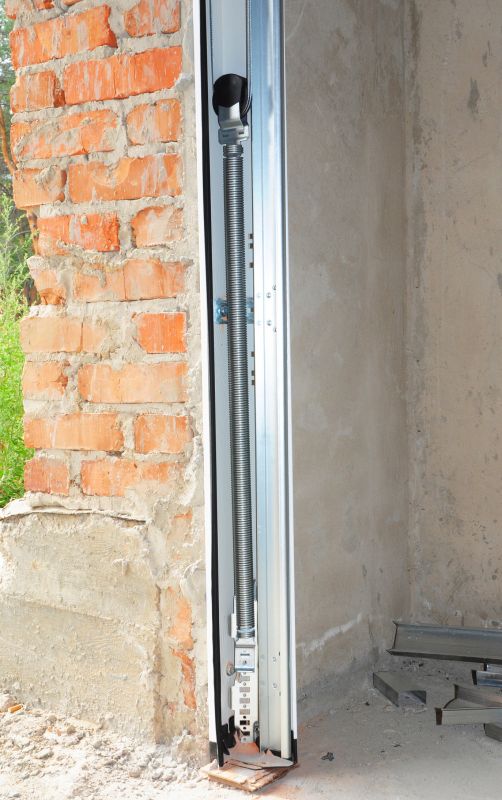
Spring repairs or replacements are among the most common and costly maintenance tasks, often necessary due to wear or breakage.
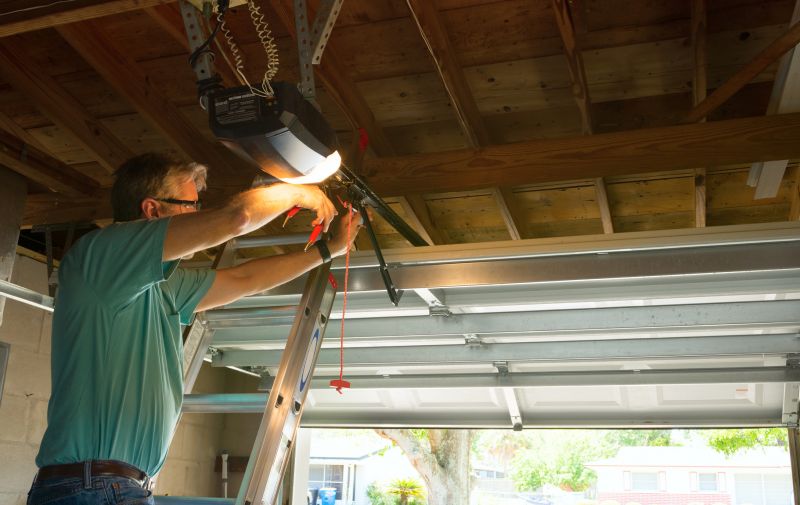
Automated doors require servicing of motors and control systems, which can be a significant part of maintenance expenses.
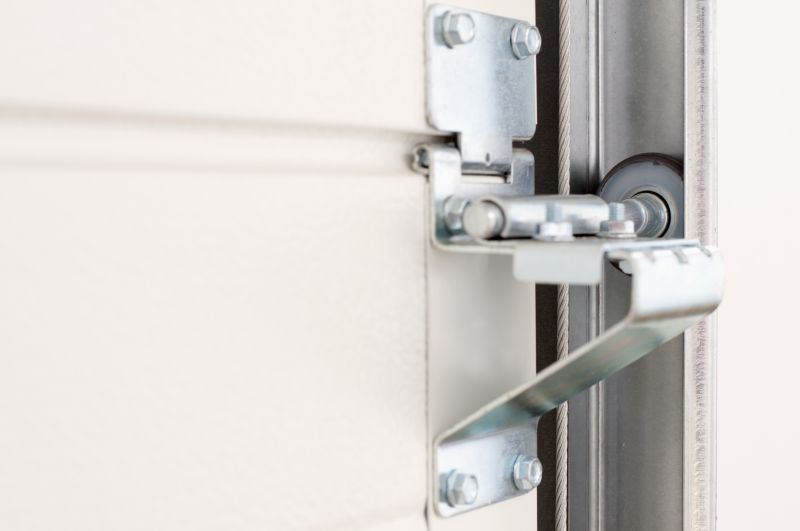
Ensuring smooth operation involves regular inspection and lubrication of tracks and rollers, impacting maintenance costs.
| Service Type | Average Cost Range |
|---|---|
| Spring Replacement | $150 - $400 per spring |
| Motor Repair | $200 - $600 depending on system complexity |
| Track Alignment | $100 - $250 |
| Sensor and Safety Device Repair | $75 - $200 |
| Hinge and Panel Repair | $100 - $300 |
| Lubrication and Inspection | $50 - $150 |
| Complete Door Overhaul | $500 - $1500 |
| Emergency Repair Service | $200 - $700 |
| Cable Replacement | $150 - $400 |
| Control System Upgrade | $300 - $1000 |
